
© Copyright iLiving International All rights reserved.
iLiving International is wholly owned by iLiving International Limited.
iLiving International is wholly owned by iLiving International Limited.
Disclaimer
The Liver in Traditional Chinese Medicine (TCM) is a very important organ. To fully understand it, let’s go over its main functions. The Liver in TCM has very different functions from the liver in Western medicine. In Western medicine, some of its functions include producing certain proteins for blood plasma, regulating blood clotting and resisting infections by producing immune factors and removing bacteria from the bloodstream.
In Chinese medicine, the liver has six main functions:
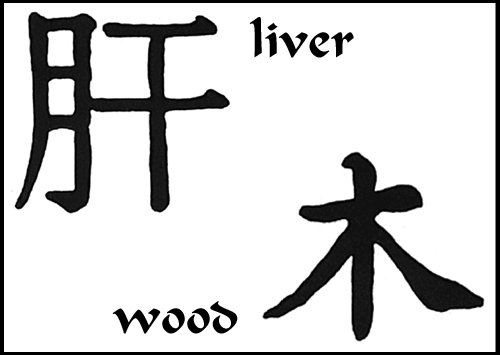
I will focus on the liver’s first function: regulating Qi (energy). This primary aspect of the liver greatly affects three key areas of the body: emotions, digestion and the free flow of blood.
If liver function is normal, people will experience smooth-flowing emotional states that favor happiness. However, if the flow of Qi is stagnant or stuck, they may experience frustration, depression, irritability, or anger. Various premenstrual syndrome (PMS) symptoms may also arise, such as irregular or painful periods, mood swings and breast tenderness.
The Liver is the organ system most affected by suppressed emotions. Therefore, not addressing emotional triggers for a long time can lead to “Liver Qi Stagnation,” which may eventually cause dysfunctions in other body organs.
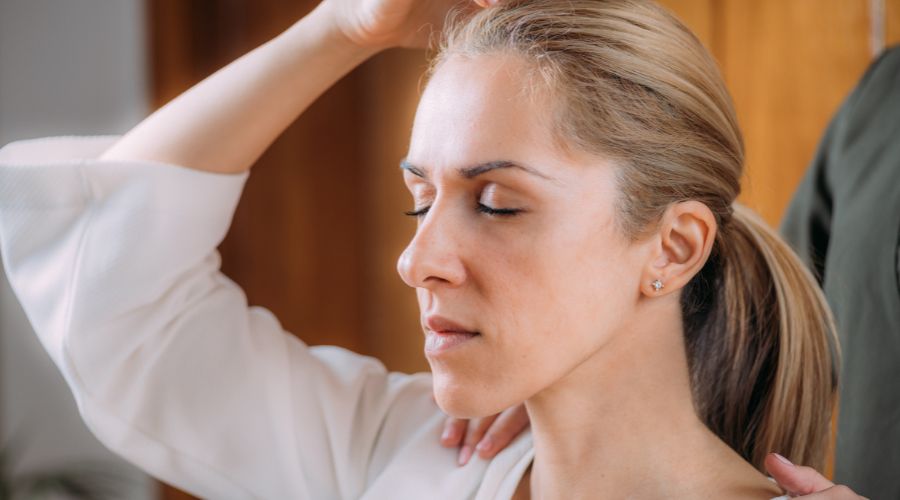
If Qi is not flowing smoothly (e.g., due to emotional imbalances), the digestive system will struggle to perform its functions. When Liver Qi becomes stagnant, it can affect the stomach, leading to nausea, vomiting and belching. It can also impact the Spleen, causing diarrhea.
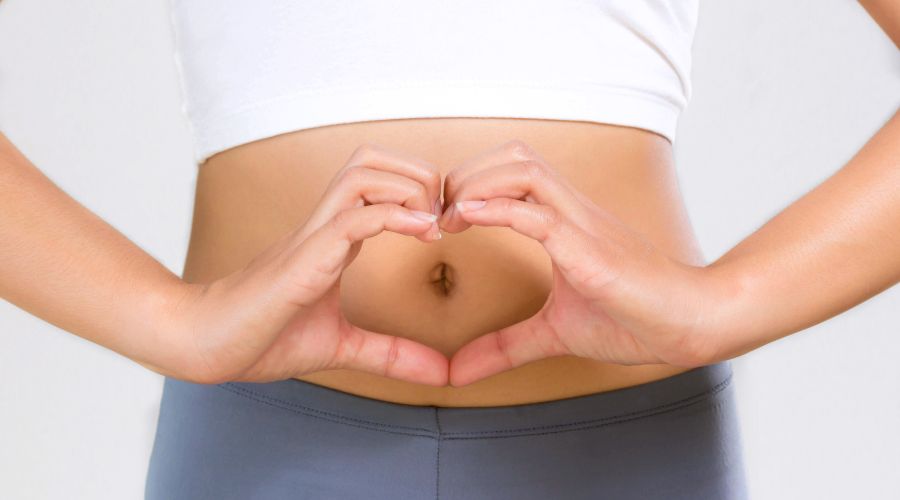
The relationship between blood and Qi (energy) is very close, and they always move together, the blood cannot go where the Qi does not. If the free flow of Qi is obstructed by the liver, the blood will stagnate as well. Liver Qi stagnation can lead to blood stagnation, which may result in gynecological symptoms.
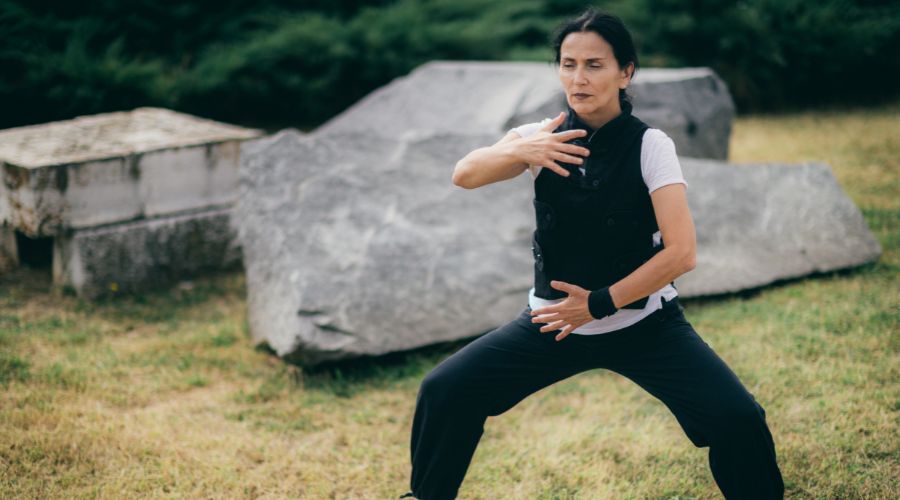
Every organ in TCM has a corresponding color that represents the type of food beneficial to it. Green is the color associated with the liver and many green-colored foods, such as vegetables, support liver health. Examples include celery, lettuce, broccoli, spirulina, cabbage, asparagus and artichokes.
The temperature of foods also plays a significant role in Traditional Chinese Medicine. The liver benefits from “cooling” foods, so we should consume foods that generally have a cooling effect to support liver health. Most fruits and vegetables fall into this category. Conversely, foods that are “warming” include meats, broth, soups and spices.
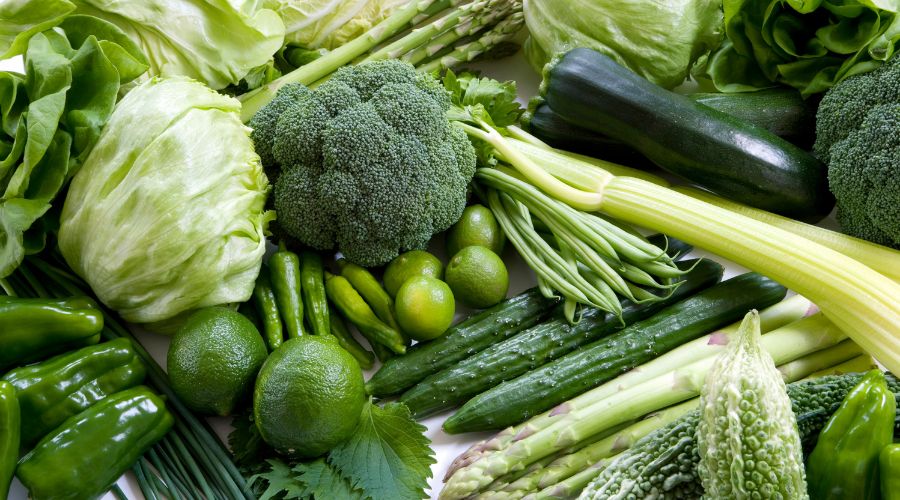
Cultivating a healthy mind is another important aspect of maintaining a healthy liver. This includes talking to good friends, sharing your feelings and ideas and surrounding yourself with people who promote a positive outlook on life. Exercise is also great for relieving stress. My favorite mind-body exercises include yoga, meditation and tai chi.
Additionally, having personal time for activities you love, such as reading, writing, dancing, or engaging in the arts, is crucial for emotional well-being. Without these outlets, emotions can build up and negatively impact liver health. Repressed feelings, being in situations that hinder personal growth and excessive work without balance are all detrimental to overall well-being.
Of course, if the liver is already damaged and you are experiencing many of the symptoms mentioned above, consulting a professional acupuncturist for a specific and individualised treatment plan may be necessary. Combining treatment with dietary adjustments and emotional “detox” can be highly beneficial.

In conclusion, Traditional Chinese Medicine takes a holistic approach to liver health. It is not only the foods we eat but also the way we live that affect our well-being. Other organs, such as the Heart, Lungs and Spleen, are just as fascinating to study, as they govern different aspects of life, including the mind and spirit. The more we learn about the intricacies of our own organs, the better equipped we are to take care of ourselves in today’s modern and challenging world.
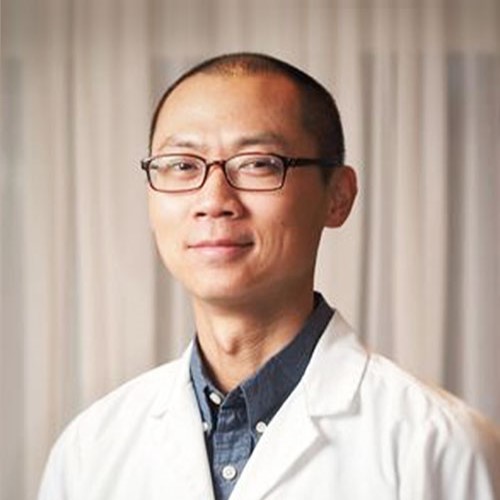
Peter Yeung is an Acupuncturist and Traditional Chinese Medicine Practitioner. He practises in San Jose, California: www.Acuavenue.com
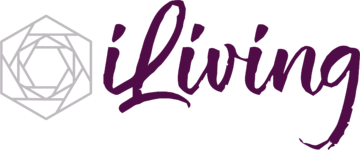
We are a wellness centre. Our products and services are not intended to cure or treat illnesses in the conventional sense nor are they intended to substitute for medical services and pharmaceutical products.